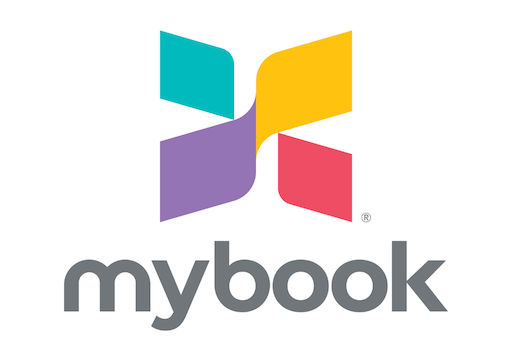
Tell Digital Marketing Requirement as Client: Stunning Results Await
When you want to tell digital marketing requirements as a client, you’re embarking on a journey toward achieving remarkable results for your business. It isn’t merely about hiring an agency and hoping for the best; it’s about effective communication, setting clear goals, and establishing a partnership that leads to success.
Understanding Your Needs: The Foundation of Effective Communication
First things first, before you rush into the world of digital marketing, take a step back and evaluate what you truly need. It might sound simple, but many businesses skip this vital step. You should ask yourself some crucial questions:
– What are your primary business objectives?
– Who is your target audience?
– What is your current digital presence like?
For instance, imagine you own a local bakery. Instead of a blanket campaign to increase overall sales, you might want to attract more foot traffic to your storefront by emphasizing seasonal treats or special promotions. A clear understanding of your unique needs will provide the roadmap for your marketing efforts.
Be Specific and Clear: The Power of Detailed Requirements
When you engage with a digital marketing agency, clarity is king. The more precise you are about your expectations, the better the results you’ll likely receive. Instead of saying, “I want more followers on social media,” specify, “I’d like to increase my Instagram following by 30% in six months through organic strategies and targeted ads.”
In my own experience working with a client whose side-hustle was artisanal candles, I noticed how vague requirements overshadowed their potential. After some back and forth, we honed in on specific goals like capturing an audience interested in eco-friendly products. We created targeted content that resonated with that audience, leading to an impressive 200% increase in engagement.
Establishing Key Performance Indicators (KPIs)
Once you’ve articulated your goals, it’s crucial to establish key performance indicators (KPIs). KPIs act as benchmarks that allow you and your marketing team to measure success. They also provide a clear direction for the work being carried out.
For example, if you’re focused on email marketing, some relevant KPIs might include open rates, click-through rates, and conversion rates. Detailing these metrics helps everyone involved understand exactly how success will be defined, aiding in both motivation and accountability.
Collaboration is Key: Creating a Partnership
Telling your digital marketing requirements as a client doesn’t happen in isolation; it involves collaboration. Regular check-ins and updates can ensure everyone stays aligned and any adjustments can be made in real-time.
Consider the case of a fitness studio owner I once worked with. Initially, their marketing strategy wasn’t garnering the traction they hoped for. After a few meetings, we discovered that the target audience loved community events. By pivoting our focus to hosting local fitness challenges and promoting them through social media, we increased class enrollment by 50%.
Regular communication brought the team and the client together in the spirit of collaboration, creating a more engaged audience and substantial growth.
Budgeting Wisely: Understanding Costs
Another critical aspect to address when you’re looking to tell digital marketing requirements as a client is your budget. Be upfront about your budget constraints and preferences. Not all strategies will have the same financial implications, so establishing a budget early can help set realistic expectations.
Let’s say you have a limited budget but want to focus on pay-per-click advertising. Knowing how much you’re willing to invest can help the agency create a tailored plan that maximizes your ROI. They can devise strategies that fit within financial limits while striving for striking results.
Flexibility and Adaptation: Embrace Change
Lastly, remember that the digital landscape is continually shifting. What worked last month may not be relevant this month. Being open to change and ready to adapt your requirements based on performance and analytics is essential for a positive outcome.
At one point, I collaborated with an online retailer that experienced fluctuating trends. By being flexible in adjusting content based on customer feedback and sales data, we tailored campaigns that consistently brought in new clients.
By sharing and honing your digital marketing requirements effectively, you’re not just setting a stage for success–you’re actively crafting the blueprint that leads to stunning results.
FAQs
1. What should I include in my digital marketing requirements as a client?
Include clear business goals, specific targets for various channels (like social media or email), your target audience, current challenges, and budget constraints.
2. How can I measure the success of my digital marketing efforts?
Use key performance indicators (KPIs) such as click-through rates, conversion rates, and engagement metrics. Regularly review these to evaluate performance.
3. How often should I communicate with my digital marketing team?
Frequent communication is essential. Schedule regular check-ins, perhaps weekly or monthly, to discuss progress, challenges, and necessary adjustments.
Related Posts
Switch Lead Gen Expert: Effortless Steps for Success
In todays competitive landscape, becoming a switch lead gen expert can transform your approach to business growth. With a focus on building relationships and understanding your audience, youll discover...
Switch Instagram Consultant: Effortless Guide to Success
Are you struggling to make an impact on Instagram? A switch to an Instagram consultant could be your key to effortless success, guiding you through the ever-changing social media landscape and helping your...












